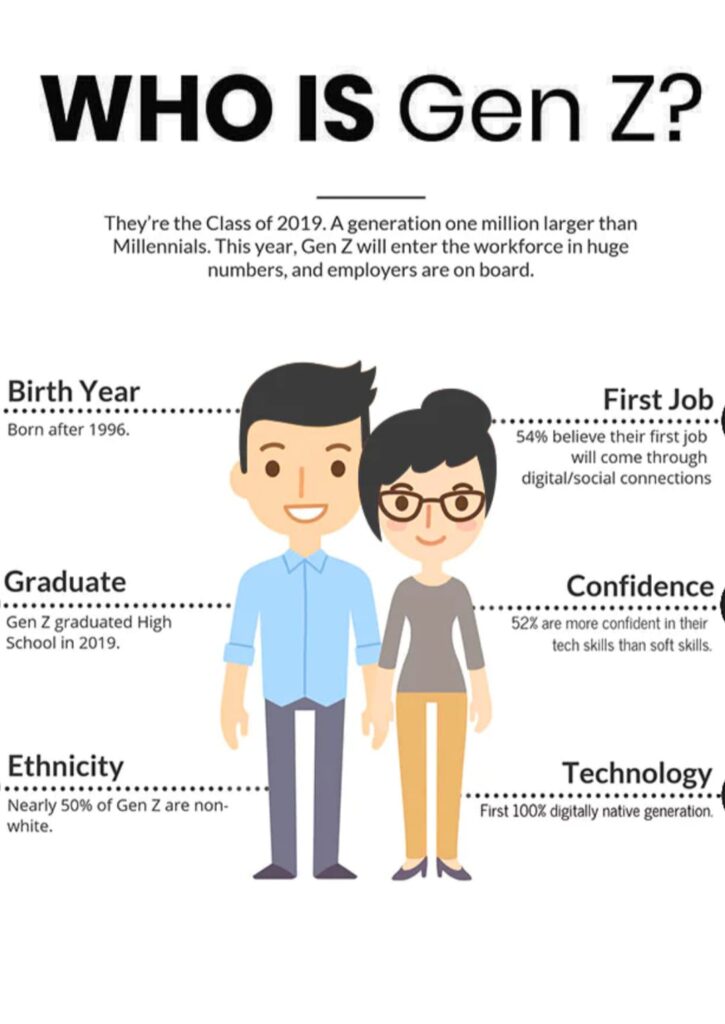![]()
“The Great Marriage Dilemma: Unpacking the Reasons Behind the Younger Generation’s Reluctance to Tie the Knot“
Situationship brings a million-dollar question has been puzzling society and parents alike: why are younger generations avoiding marriage? This emerging trend has sparked intense debate, leaving many wondering what’s driving this shift. As we investigate into the complexities of modern relationships, it’s essential to explore the reasons behind this phenomenon and what it means for the future of marriage and family.
Why younger generation avoid getting married these days?
The funda known as “Situationship” trend:
The “Situationship” is a modern relationship phenomenon where individuals, often younger generations, engage in romantic connections without formal labels or commitments. This ambiguous arrangement allows partners to maintain emotional intimacy while avoiding the responsibilities and expectations associated with traditional relationships. Situationships often lack clear boundaries, leading to confusion, emotional uncertainty, and potential hurt. This trend reflects shifting attitudes toward love, relationships, and personal freedom.

Positive effect Of Situationships
It allows Gen Z to prioritise emotional freedom, flexibility and self discovery. They encourage open communication, mutual respect, and a focus on shared experiences rather than traditional relationship label or expectations.
Positive impacts on economy
A smaller workforce can encourage greater automation and technological advancements, driving efficiency. Additionally, fewer children may lead to greater investment in education and healthcare for the existing population, potentially improving quality of life. India’s economic model may shift towards more sustainable and innovative practices, focusing on higher productivity per capita, though this requires careful policy adjustments.
Negative effect Of Situationships
The long term effect on national GDP. First with fewer people getting married and having no children, there may be decline in population growth, leading to a smaller workforce in the future. A shrinking labor force can stifle economic productivity and innovation, reducing overall economic output. Additionally, lower birth rates could pressure on social welfare systems, as fewer workers support an aging population.Economic growth may slow if consumer demand drops due to smaller households and fewer long term investments like housing. Overall if trends continues, count may face significant economic challenges.
The best example is JAPAN
Whose GDP dropped from 3rd to 4 th position in world order of Economic growth, as it’s young population reluctant to get married and having children. Moreover aging population increasing year after year, contribute less productivity in national GDP.
Revival of Chinese one child policy
China’s One-Child Policy, implemented to control population growth, has had an unintended consequence: a rapidly aging population. In response, the Chinese government has been forced to reevaluate and revise its policy, now encouraging families to have multiple children to mitigate the demographic crisis and ensure a sustainable workforce for the future.
To understand the concept of situationship it is also important to understand various other relationship types that are existing in human societies today. Let me try to describe a few to the best of my knowledge,
Relationship Technically, this describes any relation between persons.
More usually, though, “relationship” refers to a pair-bonding of presumed romantic/sexual nature. Exclusivity is presumed, or else the term “open relationship” would be employed.
Complicationship An even-sketchier situationship. “It’s complicated” was made for these.
Interactionship Usually involves sex and uncertainty, repeated or one-off, with or without hopes involved.
Mistake-tionship Definitely agreed by all parties not to be an interactionship.
It’s an interesting item, that what separates those bottom four from the top one is so often this:
Friendship Friendship is the foundation of mutual trust and knowing, respect and yes, love of the other as a person (not merely as a role) that underlies every relationship, loveship, mateship, marriage or other couplehood of significant depth, strength or duration. Friendship is the beam that supports with a smile and cares for the other’s good as one’s own. It’s fantastic all by itself – a great gift, a mutual gift of great value – but essential for anything more serious.
Those who consider friendship to be a mean, punitive state of small value are not relationship material. Unless they manage to wise up on that. They rarely have any idea what attraction is based on: compatibility. They often think attraction is based on how good or better or worse a person is, when in fact there is no good, better or worse. Only compatibility: something both can see, feel – or no compatibility exists.
Also not to be sniffed at:
Attractionship. Ah, this delicious phase of mutual crush and interest tickling around and about the edges before either know it’s mutual or before obstacles (such as doubt, hesitance, or something more substantial) are overcome.
obstacleship. A confirmed-mutual attractionship where both are moaning and commiserating about whatever’s in the way, but haven’t reached the point of figuring a way clear
Fornicationship. This relationship has one thing on its mind, at least, at this stage of development. Guess.
Acquaintanceship I have a few friendships (including some that had involved wink-wink-you-know) that have graduated to permanent acquaintaceship: that state of being where each knows “I will always be getting to know you, and we’ll never be short of surprises.” Quite lovely really.
Enemyship I haven’t any of these, but it deserves a place on the list.








Wow great post 🙏🙏🙏🙏
Thanks.
perfectly explained sir. day by day situation of relationship is becoming horrible.
Very true.